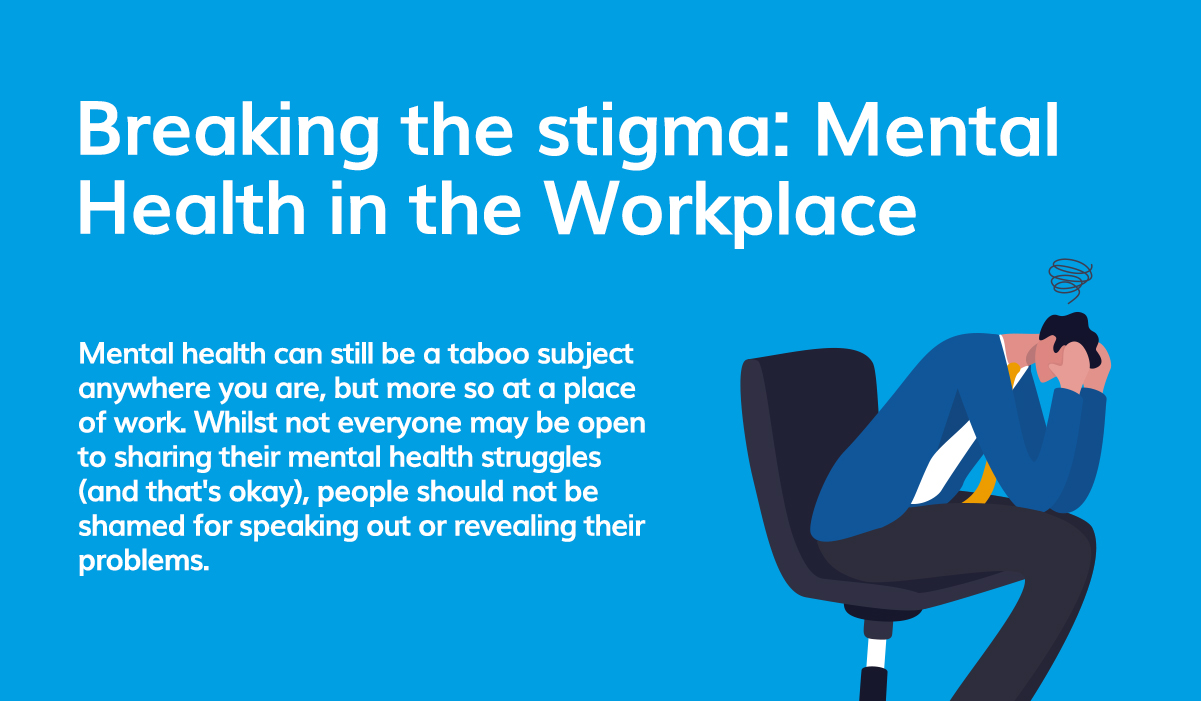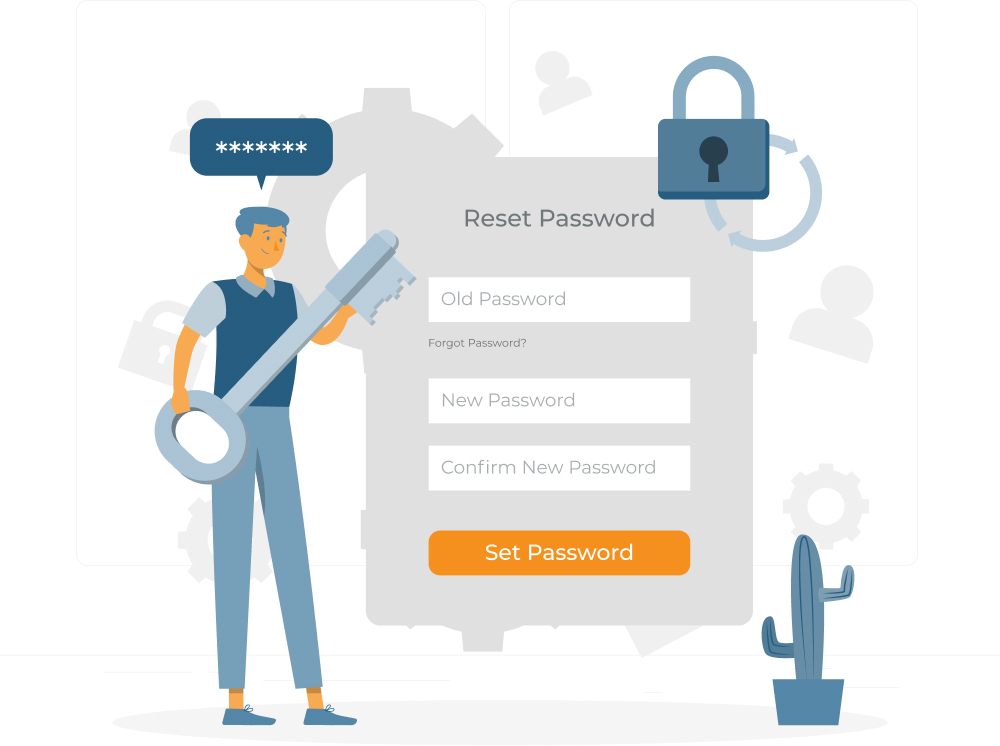Mental health can still be a taboo subject anywhere you are, but more so at a place of work. Unfortunately, this makes being honest about mental health quite difficult, due to the discrimination and stigma surrounding it. This stigma can prevent employees from speaking up about their mental health challenges, which can have serious consequences for their wellbeing, as well as their performance and productivity at work. Whilst not everyone may be open to sharing their mental health struggles (and that’s okay), people should not be shamed for speaking out or revealing their problems. Now more than ever, it is important for employers to create a culture that supports open and honest discussions about mental health and provides resources and support for employees who may be struggling. Whilst it may not be in the company’s prerogative to solve its employees’ mental health problems, it is in its interest to make its employees aware of the resources offered and diffuse any tension surrounding the subject.
In this article, we’ll explore some strategies for breaking through the mental health stigma in the workplace.
Lead by example
Leaders and managers play a crucial role in setting the tone for discussions about mental health. By openly acknowledging their own mental health challenges or experiences, leaders can create a culture of openness and vulnerability that encourages others to speak up as well. However, it’s important to note that leaders should not be expected to share personal information about their mental health if they don’t feel comfortable doing so. Instead, they can simply acknowledge the importance of mental health and encourage their employees to seek help if they need it.
Educate and empower
Employers should provide regular training and education on mental health topics, including how to recognise the signs of mental health challenges, how to support colleagues who may be struggling, and how to access resources and support. This can help reduce stigma and increase awareness and understanding of mental health issues. Employers can also provide information about mental health resources that are available to employees, such as employee assistance programs, counselling services, and other mental health support services.
Offer resources and support
As mental health awareness increases, as do people’s expectations of what employers should offer in this regard. Whilst employers may not be expected to solve their employees’ problems, being empathetic and understanding in the face of an employee’s mental health problems is always a good place to start. Companies may choose to offer an Employee Assistance Program (EAP), counselling services, and flexible work arrangements to accommodate employees’ needs. You might also want to ask yourself how you might react if an employee were to ask you for a sick day due to their mental health. Being open and honest about how you tackle situations like these may reveal potential stigma that surrounds the subject at your workplace. Offering these resources and support can help employees feel valued and supported by their employer, and can encourage them to seek help if they need it.
Normalise discussions about mental health
Employers should work to normalise discussions about mental health and create an environment where employees feel comfortable speaking up about their experiences. This may involve hosting workshops or events to raise awareness and promote mental health, or creating safe spaces where employees can share their experiences and seek support. Employers can also encourage open communication between employees and managers, and create a culture where employees feel comfortable discussing their mental health needs with their supervisors.
Foster a culture of empathy and support
Finally, employers should strive to create a culture of empathy and support, where employees feel valued and supported regardless of their mental health status. This may involve implementing policies and practices that prioritise employee wellbeing. Employers can also encourage a work-life balance that promotes self-care, and offer incentives for employees who engage in healthy behaviours.
In conclusion, breaking through the mental health stigma in the workplace is crucial for creating a culture of openness, vulnerability, and support. By leading by example, providing training and education, offering resources and support, normalising discussions about mental health, and fostering a culture of empathy and support, employers can create a workplace where all employees feel valued, supported, and empowered to speak up about their mental health challenges. This can not only benefit employees’ mental health and wellbeing, but can also lead to increased productivity, job satisfaction, and employee retention.


